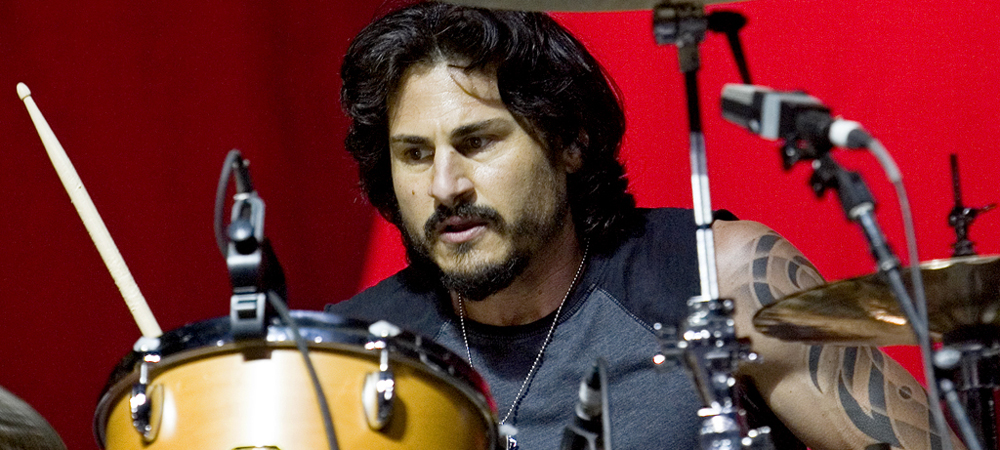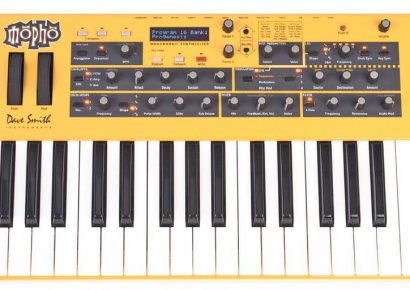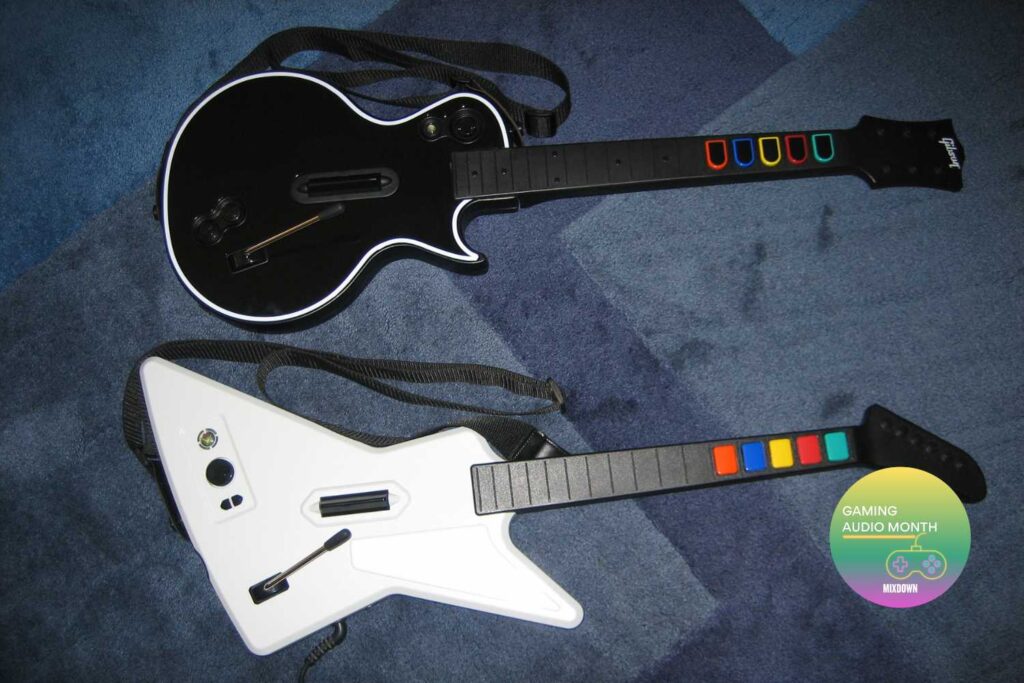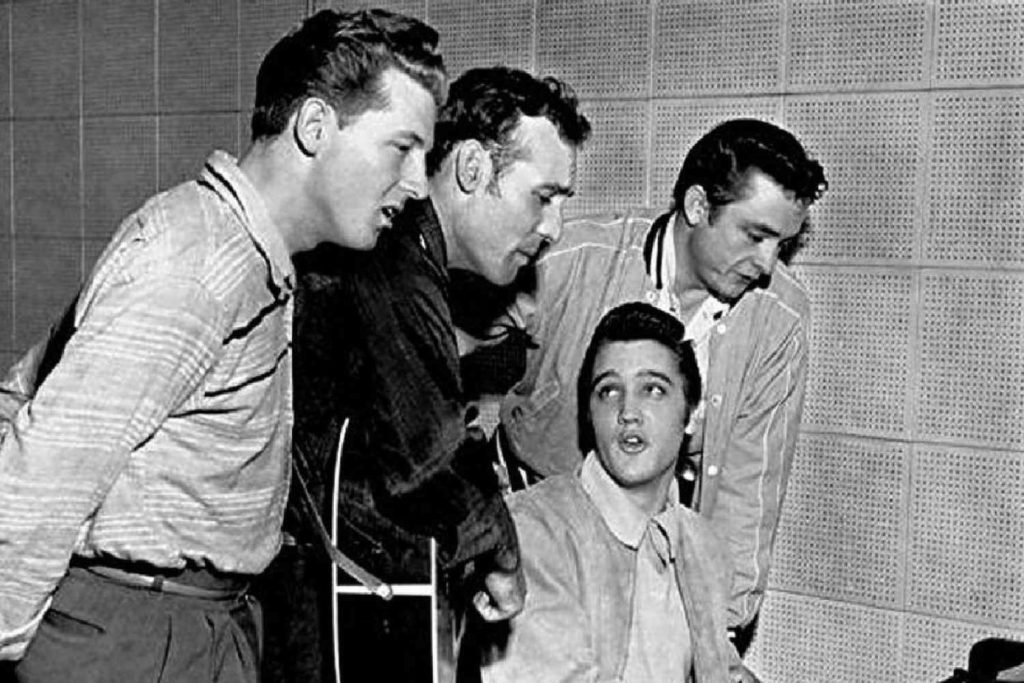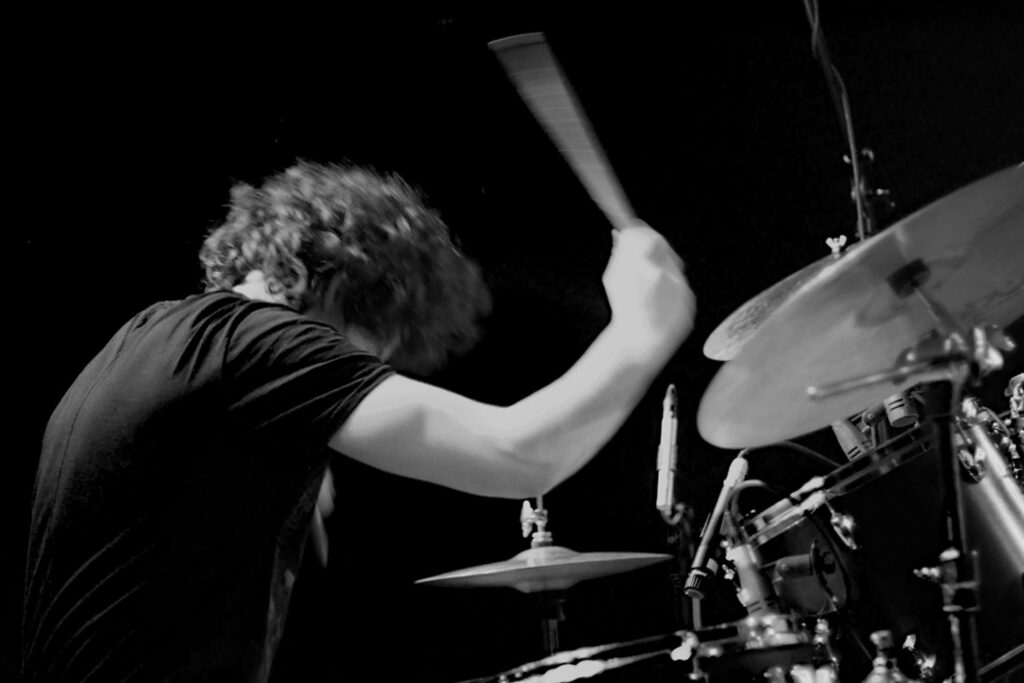TURN DOWN
Here’s an inevitable scenario. Any drummer that has played at a bar or in the dinner set at a wedding will undoubtedly have encountered the request to “turn down”. Often this is an annoyance for the drummer. Not many players like playing softly, but does playing softer actually make you soft as a drummer? It may seem like a silly question, but there’s a stigma attached to drumming that suggests the drums have to be hit loud to be cool. On top of that, there’s a general assumption that the drums are just going to be loud, and that the player isn’t able to moderate the volume output. Is all music loud? Of course not, but how much focus and energy should a drummer put into being able to play softer? Again, the answer to that question will vary from player to player, but for me, I had to practice it, and not necessarily because I really wanted to. I just encountered so many situations where I was playing too loudly, and simply put, I had to learn to deal with it. These situations date back to my university days. I’d do a performance and my teacher would give me feedback. Amongst the array of suggestions was almost always something that related to volume. I was too loud overall, or my snare too loud compared to the rest of the kit. Over time, I developed the ability to turn down the volume when I needed to. The key was to still maintain the groove and feel for the music, just at a softer dynamic. This was a big challenge.
STYLE MATTERS
Over the years, I’ve played a variety of gigs in a variety of genres and styles. Every one of them has moments where playing soft was essential. I also accepted the fact that within a groove, there are subtleties and lower volume/impact strokes that require some finesse to execute well. It’s also important to remember at this point that styles of music that a usually perceived to be loud can have softer parts and vice versa. I look at videos of Buddy Rich playing jazz and he’s not exactly holding back. Ever played a breakdown in a Metal tune? I listened to approximately three minutes of soft and subdued intro on the latest Machine Head album. I wouldn’t call Dave McClain soft though. The point here is that in reality, soft and loud actually go together like peas and carrots in all genres.
WHO YOU CALLING SOFT?
But back to the original question – does playing soft, make you soft? No. I’ve also heard drummers that can groove their arses off while playing soft. There’s still pocket, feel and energy. Playing soft is a necessity that needs to happen from time to time. Surely, there’s no harm in being good at it is there? Can you be good at both? Yes, you can, in fact you need to be. If you play really loud all the time, as I’ve already mentioned, you’re probably not going to be as accomplished at playing soft. It’s an unnatural and uncomfortable feeling. But this works the other way too. A challenge I face now is not being able to hit as hard as I used to because I’m so much more competent with playing softer. Realistically though, you’re only good at what you work on or what you do all the time. I believe there needs to be the balance and it’s this balance that needs to be emphasised with students from an early age. The importance of dynamics in a drummers repertoire shouldn’t be underestimated. Playing soft doesn’t make you soft. It’ll make you a more versatile player.
